by Michael Haskew
From 1756 to 1763, the armies of Great Britain and France fought the French and Indian War for preeminence in North America. Known as the Seven Years’ War in Europe, the conflict was essentially a continuation of previous hostilities between these major powers popularly known as the Second Hundred Years’ War. The immediate cause of the French and Indian War was the British perception of the threat posed by the extension of French influence into the Ohio River Valley.
[text_ad]
Repeated skirmishes along the disputed frontier between British and French settlements finally led to a British declaration of war. Prior to that declaration in 1756, French troops and their Native American allies had inflicted several defeats on the British. Particularly noteworthy among these was the ravaging of a column of troops under General Edward Braddock in 1755. The British lost nearly 1,000 dead and wounded, about half their number. Braddock was killed, and a young George Washington barely escaped with his life.
The Appointment of William Pitt
For the British, the turning point in the French and Indian War was the appointment of William Pitt as leader of the House of Commons, Secretary of State for the Southern Department, and later Prime Minister. Pitt resolved to win a great victory against the French in North America, and to do so he took several aggressive steps. He sent financial aid to Prussia, Britain’s principal ally in the European war against France, and provided funds for the expansion and training of local militias in the American colonies. Pitt rose to preeminence in his country’s foreign affairs in the summer of 1757, and the following year approximately 50,000 British troops, both regular army and militia, were under arms in America.
British forces defeated the French at Louisbourg in July 1758 and followed up with the capture of Fort Frontenac on the St. Lawrence River a month later. In September 1759, the British under General James Wolfe won a decisive victory on the Plains of Abraham before Montreal, a major French bastion in Canada. Montreal itself fell in the autumn of 1760, and French ambitions in North America never recovered.
Great Britain solidified significant territorial gains with the 1763 Treaty of Paris that ended the French and Indian War. France gave up its claim to Canada, and Spain, its ally, ceded Florida to the British. The gateway to further British westward expansion on the North American continent was opened.
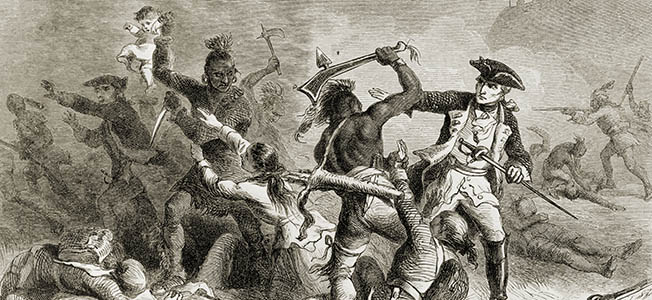
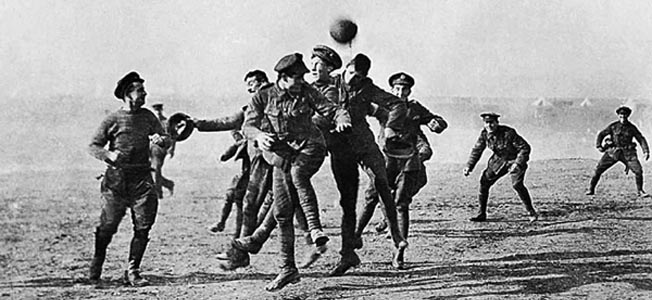
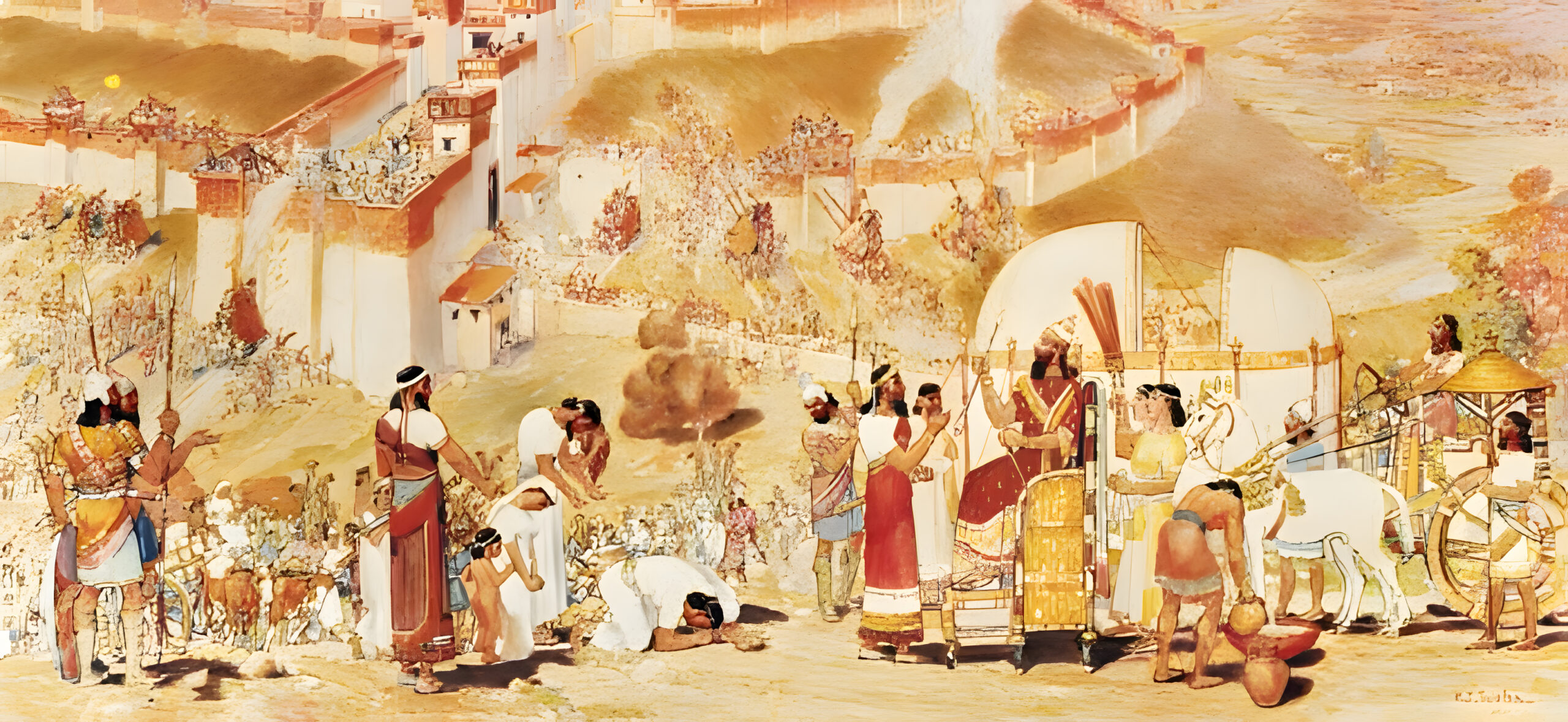
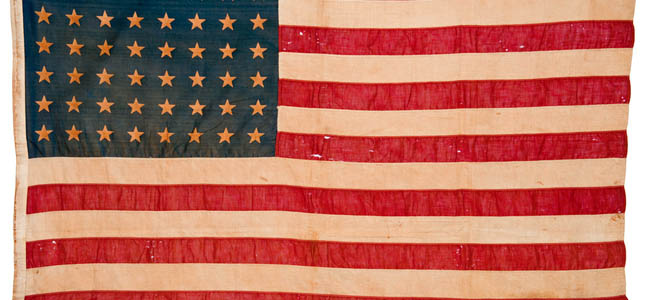
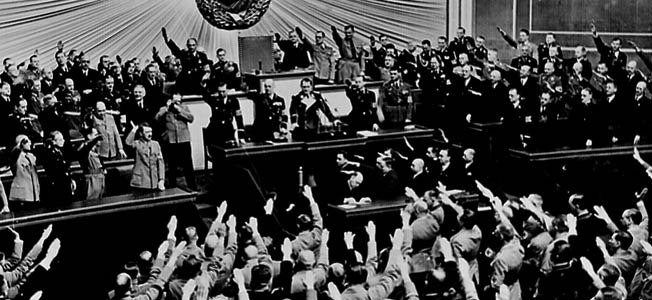
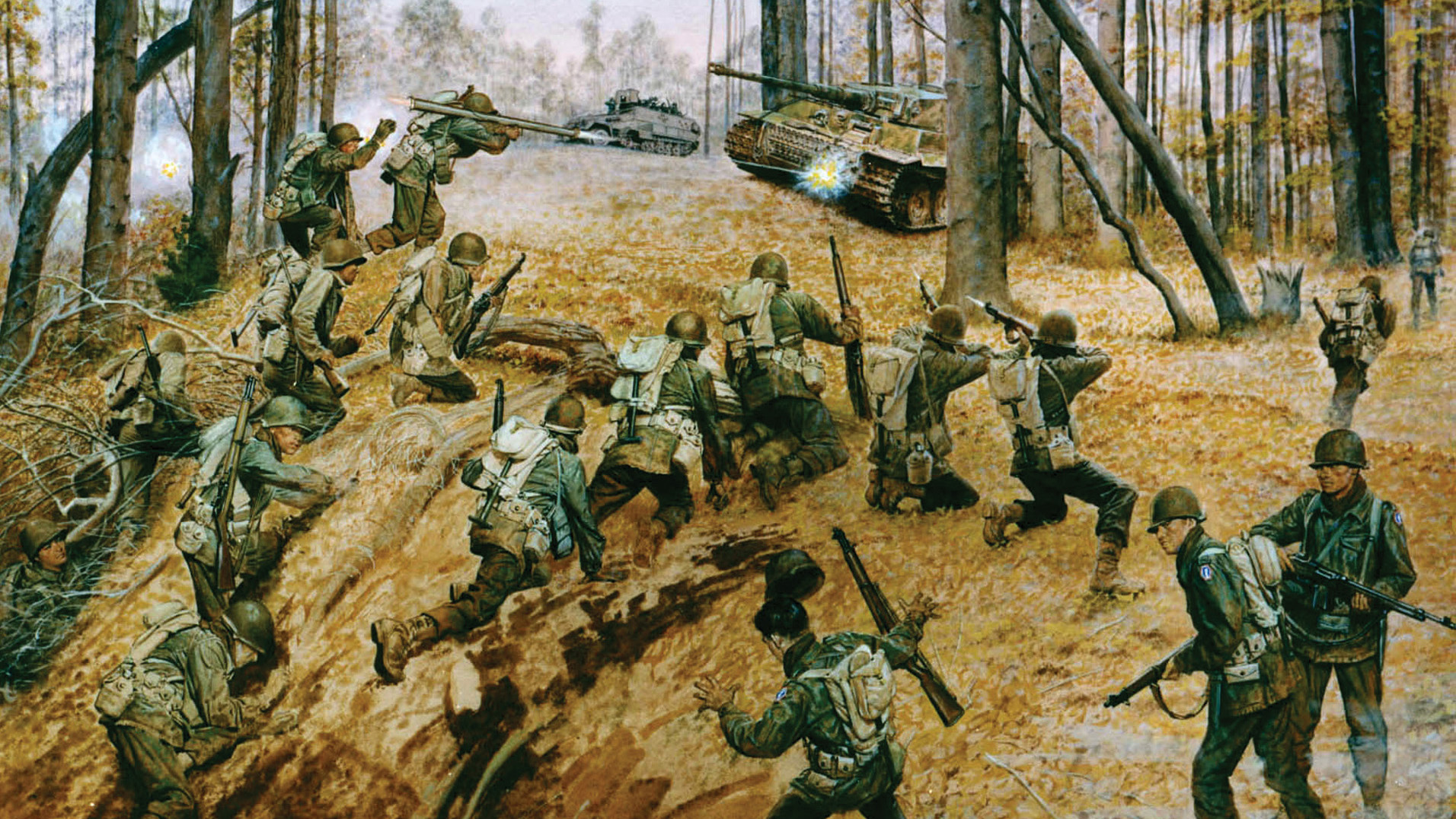
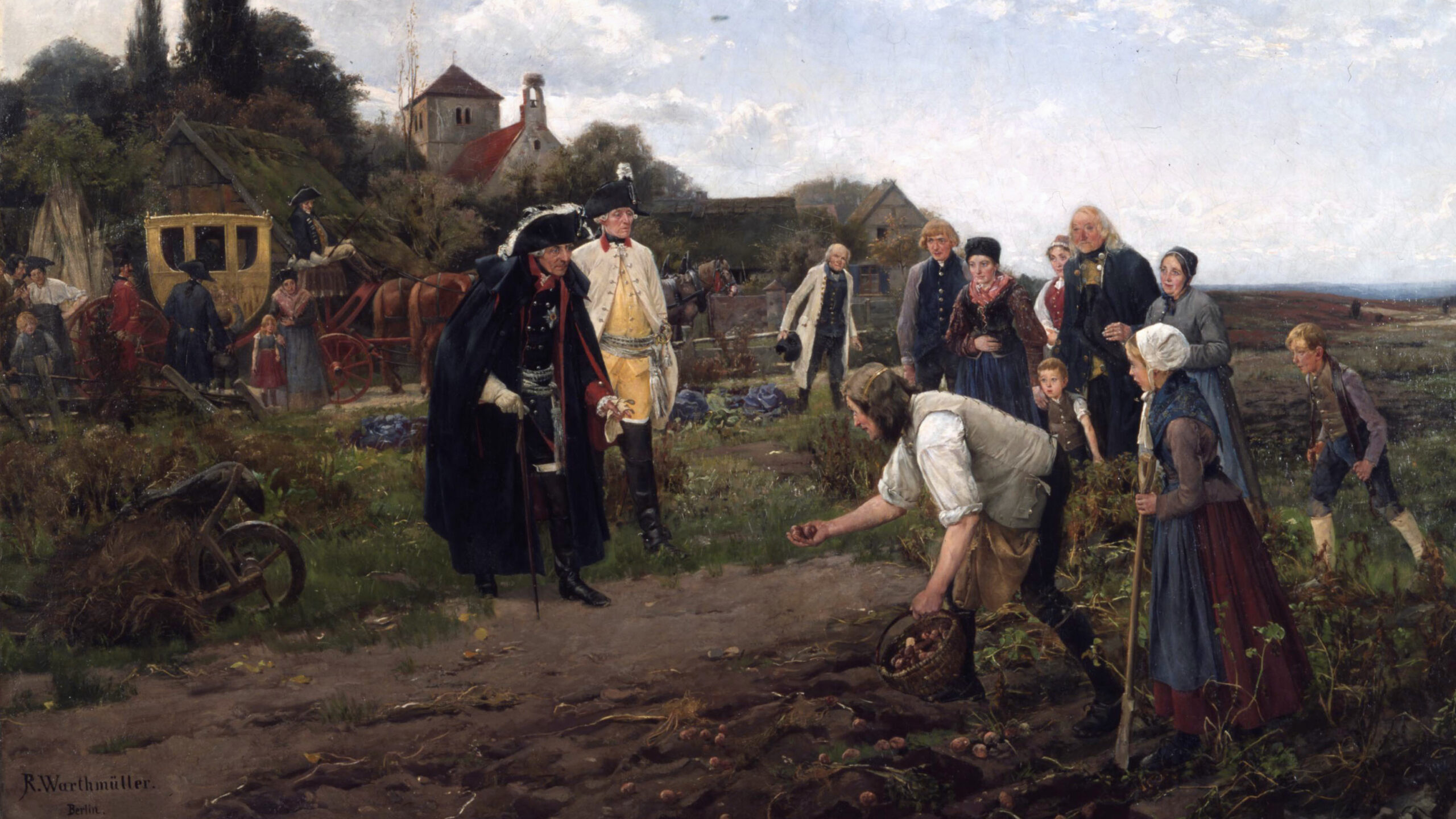
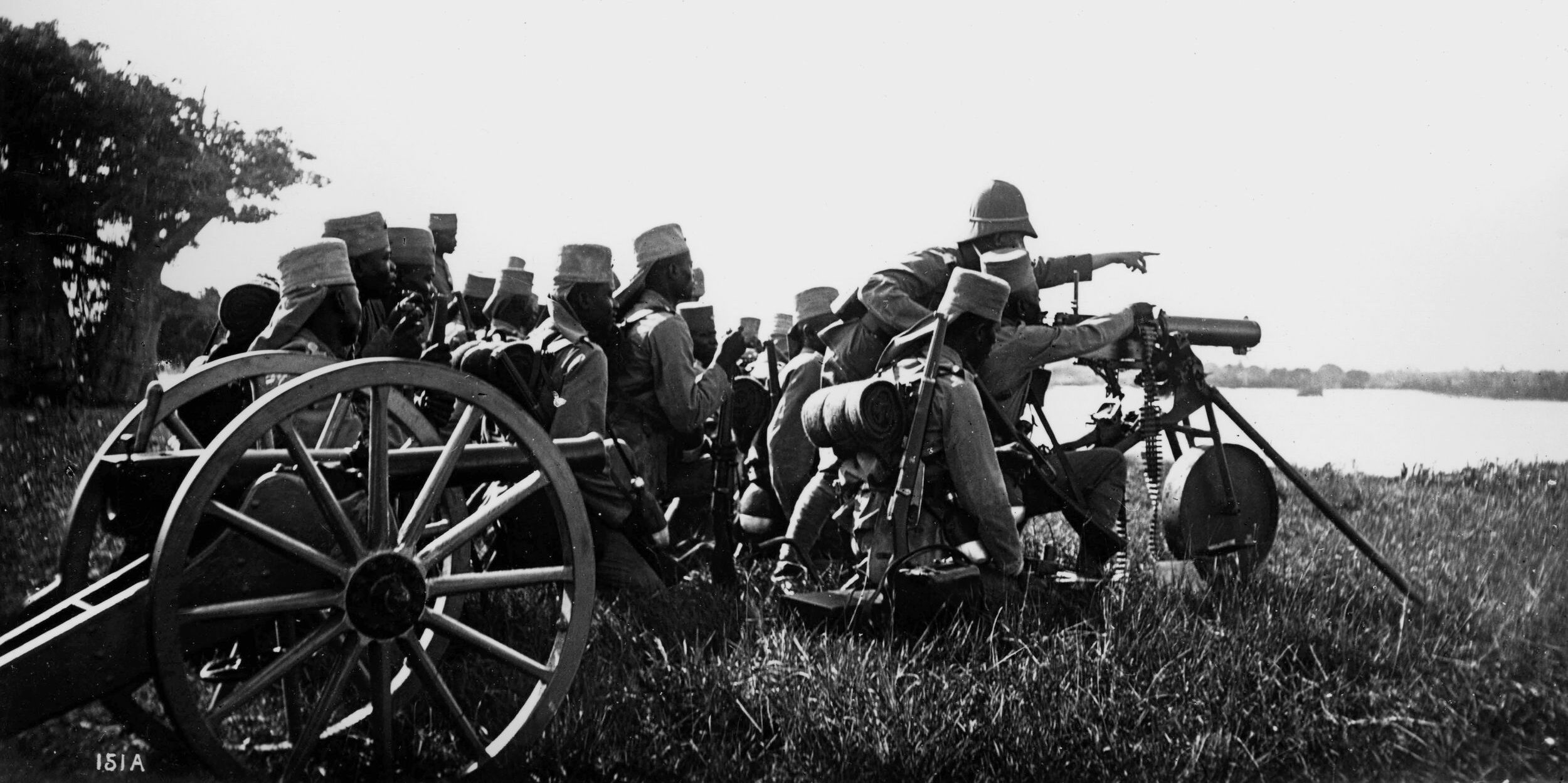
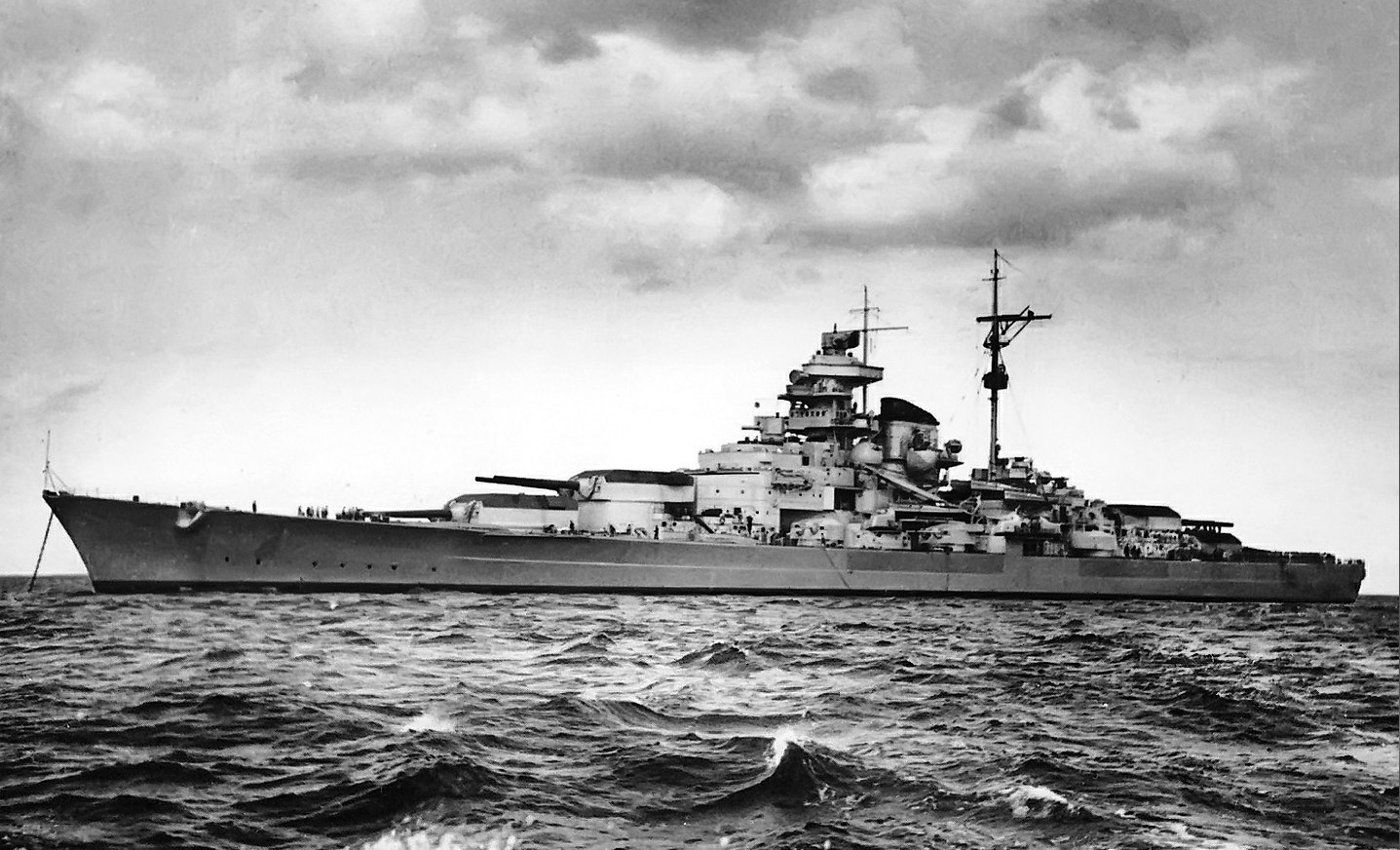
Join The Conversation
Comments
View All Comments